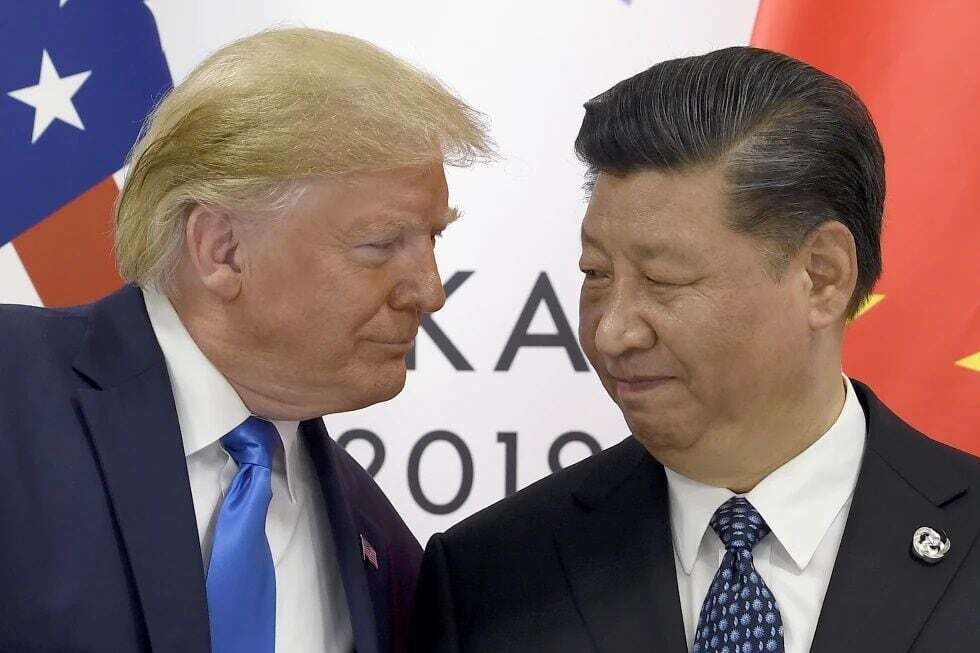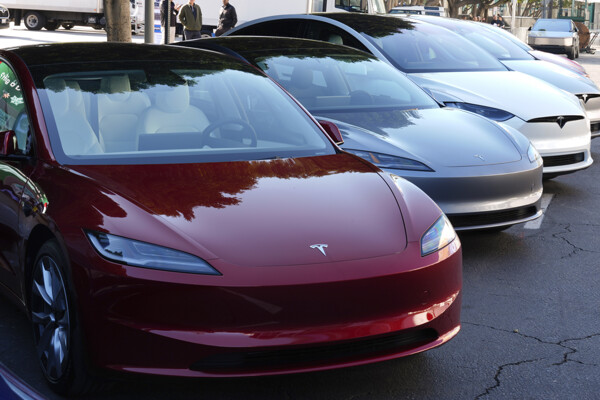
President Donald Trump signed an order for his administration to address unfair trade practices globally and investigate China's compliance with an agreement reached during his first term. China has been offering low tariffs to other countries. Ding Xuexiang, China's Vice Premier, mentioned that China has made efforts to expand imports and has a generally low tariff level of 7.3 percent. He also highlighted the country's zero-tariff agreement for less developed economies, in an attempt to expand its influence in the Global South.
China's trade surplus reached a record $992 billion last year, driven by strong exports that have contributed to economic growth. Ding promised to eliminate obstacles for companies and encouraged more foreign firms to enter the Chinese market. He stated that China’s openness will not decrease; rather, it will expand, thereby improving the business environment.
This move comes as China seeks to maintain its growth momentum, having recently met its annual expansion target, although it still heavily relies on international trade. The trade agreement China signed with Washington in January 2020, known as the first phase of a broader pact, involved $200 billion in spending to reduce the trade imbalance with the United States.
Ding also emphasized China's attractiveness to investors despite potential rising geopolitical tensions. China is set to announce its growth target for 2025 in March during the annual parliamentary session, likely maintaining a level similar to the previous year. Ding will also visit the Netherlands, in addition to participating in the Davos event.
At the World Economic Forum in Davos, Ding assured that China plans to expand its imports, emphasizing the pursuit of competitive and quality products and services to promote balanced trade. However, he avoided mentioning any specific country. Trump, for his part, did not commit to imposing tariffs on China after his inauguration, instead focusing his plans on Canada and Mexico. Although U.S.-China relations have had a warmer start, Trump has given temporary relief to TikTok and mentioned the possibility of meeting with Chinese President Xi Jinping.














